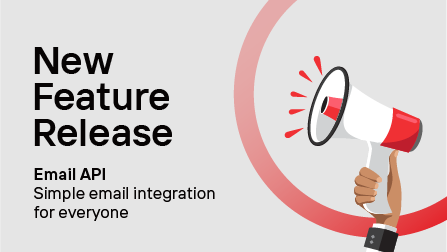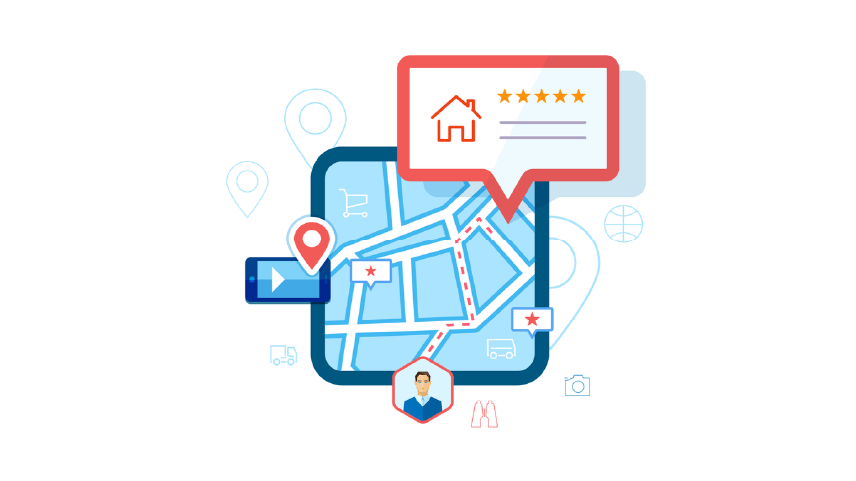As the decade comes to an end, location-based advertising is on the tip of every marketer's lips here in the Middle East. SMS, in particular, is perfect for location-based advertising because it lets marketers send text messages to customers based on accurate location data. Marketers can send promotional texts to customers when they visit a particular store, for example. This technique provides companies with real value because they encourage customers to visit local points-of-sale and boost revenue in the process. Here's everything marketers need to know about the benefits of SMS location-based advertising for 2020.
What Exactly is SMS Local-Based Advertising?
SMS local-based advertising will be one of the most lucrative marketing methods in the 2020s. It lets marketers send promotional and time-sensitive information to customers via text message, which encourages recipients to take action — purchase a product, visit a store, sign up for a local service, etc.
Experts predict that there will be nearly 174 million smartphone users in the Middle East and Africa by the end of this year. All of these users are able to receive SMS messages from companies who want to advertise their products and services. Still, many companies prefer to invest in other types of marketing, such as social media and email. Although these techniques provide value, SMS location-based marketing is cost-effective and powerful.
Here's an example of SMS location-based advertising in action.
Alya wants to buy a coffee from a store in downtown Cairo. Just as she approaches the store, she receives a text message from another coffee shop down the street. The coffee shop tells her they have a special discount on all coffee varieties that day. Alya turns around and visits that coffee store instead.
By location-enabling SMS campaigns, marketers can send relevant promotional offers and other information to people in different locations in real-time. This is something social media and email just can't do.
So, how does it work? Location-based advertising uses a technology called geofencing, which targets customers in precise locations based on data from their smartphone. You can then tailor marketing messages based on various scenarios. For example, send promo codes when customers enter retail locations, or product placement when customers use a particular transportation route.
With located-based advertising, marketing opportunities are limitless. With accurate location data and a knowledge of your customers' behavior, you can create highly-targeted marketing campaigns that increase brand awareness, sales, and sign-ups.
Why Should Businesses Use SMS Location-Based Advertising?
1. It's Cheap
Location-based texts are far cheaper to send to customers than direct mail and many other marketing methods. The cost of SMS marketing includes a "per-text cost" and a cost to rent keywords for marketing campaigns, but most companies that provide this service in the Middle East offer flat-rate plans that cover everything. This means marketers can send thousands of text messages a month for relatively little cost.
2. It's Effective
Research shows that SMS marketing, in general, is far more effective than email and social media marketing. Firstly, customers are very likely to receive SMS messages on their smartphones. The Middle East and Africa regions generate SMS delivery rates of 80.3 percent — higher than SMS delivery rates in the United Kingdom and Ireland and the Asia-Pacific area. Open rates for SMS messages are an astonishing 98 percent, far higher than email.
3. It's Instant
Businesses can deliver text messages in just a few seconds, making this method great for location-based advertising. Companies can send promotional texts to customers when they pass one of their stores, for example. This type of marketing is completely automated, too, and utilizes data from the recipient's mobile GPS.
SMS location-based marketing will continue to flourish in the next decade, and it's time more marketers in the Middle East paid attention to it. This technology boosts sales and provides real value.
CEQUENS Can Help
We're leading Communication Platform as a Service ( CPaaS ) provider in the Middle East and Africa (MEA) region that aims to bridge communication gaps in a communication-driven world.
Powered by innovation and guided by a Cloud-First and Mobile-First approach, we provide omnichannel communication APIs that enable enterprises and developers to communicate with their customer base worldwide.
As an Endeavor and GSMA associate member, CEQUENS plays a pivotal role in transforming communication in the region.
CEQUENS proprietary, PCI/DSS compliant Communication Platform leverages the latest cloud technologies and features a comprehensive portfolio of products and solutions that are industry-focused, agile, scalable, and cost-effective.



